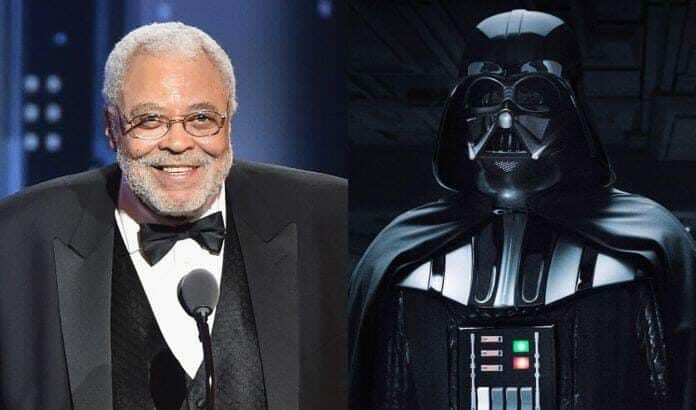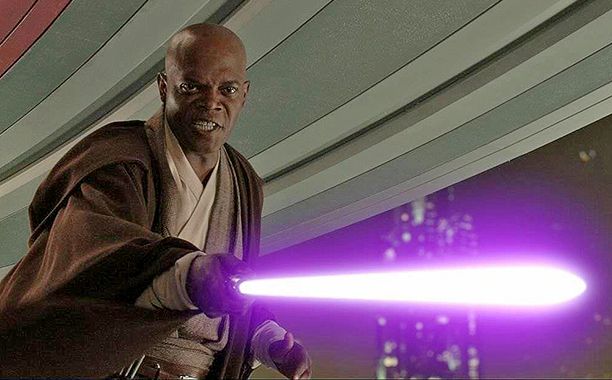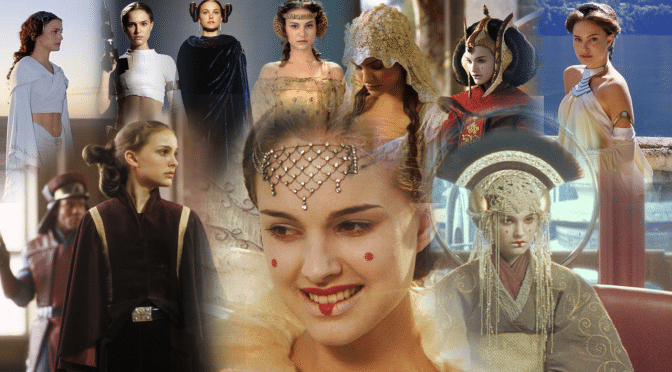The world has lost a true legend with the passing of James Earl Jones, who died yesterday at the age of 93. Best known for his deep, resonant voice that gave life to one of cinema’s greatest villains, Darth Vader, Jones had an illustrious career that spanned over seven decades. His contributions to film, television, and theater are immeasurable, and his legacy as a performer will be remembered for generations to come.
A Voice That Defined Generations
Born in 1931 in Arkabutla, Mississippi, James Earl Jones developed an iconic voice that would go on to define his career. Yet, in his early years, he struggled with a debilitating stutter, a challenge that ironically pushed him toward the power of speech and communication. Over time, he overcame his speech impediment and discovered his extraordinary vocal talent—a gift that would take him from the theater stage to the silver screen and into the homes of millions worldwide.
In 1977, Jones voiced Darth Vader in Star Wars: A New Hope, creating one of the most recognizable and chilling voices in cinematic history. While the character was physically portrayed by actor David Prowse, it was Jones’ unmistakable voice that became synonymous with the dark, enigmatic Sith Lord. Jones would go on to reprise the role of Vader in The Empire Strikes Back (1980), Return of the Jedi (1983), and more recently in Rogue One (2016), making Darth Vader one of the most beloved villains in pop culture.
His contribution to the Star Wars saga was immortalized in the hearts of fans across the globe. Jones’ deep, commanding voice wasn’t just iconic—it was transformative, elevating Darth Vader to legendary status.
More Than Just Darth Vader
While James Earl Jones will always be remembered as the voice of Darth Vader, his body of work is much more diverse. From his Emmy Award-winning performances on television to his critically acclaimed roles on Broadway, Jones demonstrated remarkable versatility as an actor.
His role as Mufasa in Disney’s The Lion King (1994) is yet another example of Jones’ ability to deliver powerful, emotionally resonant performances with just his voice. As Mufasa, Jones’ deep timbre gave the character a gravitas and warmth that left a lasting impression on audiences young and old.
On stage, Jones showcased his talents as a Shakespearean actor, with standout performances in plays such as Othello, King Lear, and Hamlet. His work on Broadway earned him two Tony Awards, further solidifying his legacy as one of the greatest actors of his generation.
A Lifetime of Accolades
James Earl Jones’ career was decorated with a long list of awards and honors. He won three Emmy Awards, a Grammy Award, and was nominated for two Academy Awards. In 2011, he was presented with an Honorary Academy Award for his lifetime contribution to the arts, recognizing his impact on both film and theater.
In 2017, Jones was honored with the Special Tony Award for Lifetime Achievement, acknowledging his extraordinary work on stage. He was also awarded the Kennedy Center Honor in 2002, one of the highest recognitions in American performing arts, and in 1992, he received the National Medal of Arts, the highest honor given to artists by the United States government.
James Earl Jones: A Legacy Beyond the Screen
Beyond his voice and acting talents, James Earl Jones was admired for his quiet dignity, humility, and wisdom. Despite his towering presence in Hollywood, he remained a deeply private individual who valued his craft above fame. Those who had the privilege of working with him often spoke of his generosity, professionalism, and dedication to his roles.
Jones’ influence on generations of actors, voice artists, and audiences is profound. He brought a sense of authority and humanity to every character he portrayed, leaving an indelible mark on cinema and culture.
A Voice That Echoes Through Time
James Earl Jones’ passing marks the end of an era, but his contributions to entertainment will continue to inspire and resonate for years to come. Whether it was his booming “No, I am your father” as Darth Vader or the wise teachings of Mufasa, Jones’ voice became part of the cultural fabric, a sound so unmistakable it transcended generations.
As we say goodbye to a true legend, we celebrate the life and career of a man who brought some of the most unforgettable characters to life. His work across film, theater, and television enriched the lives of millions, and he will forever be remembered as one of the greatest actors of all time.
May his legacy live on, and may we continue to hear the echo of his voice for many years to come.










